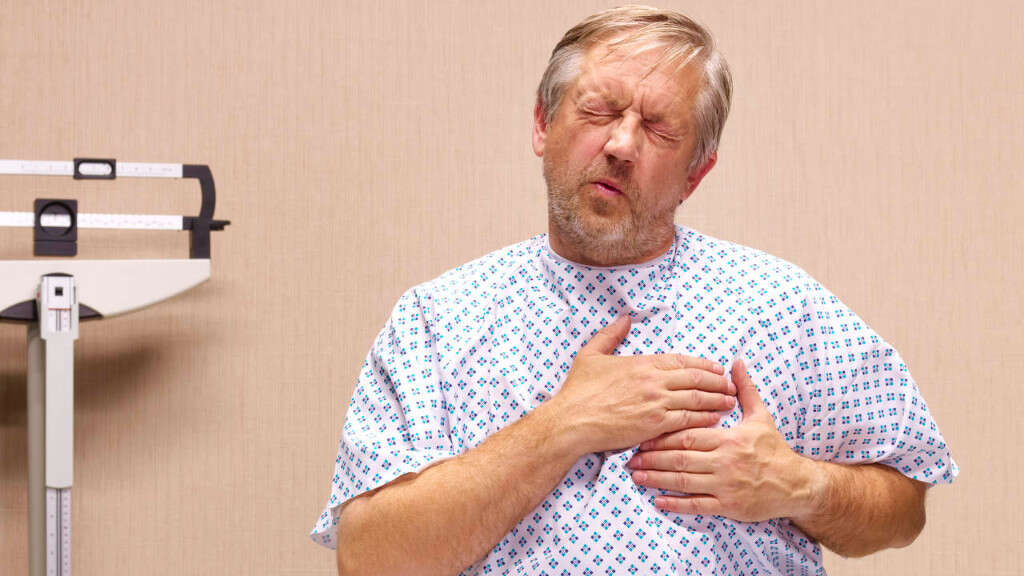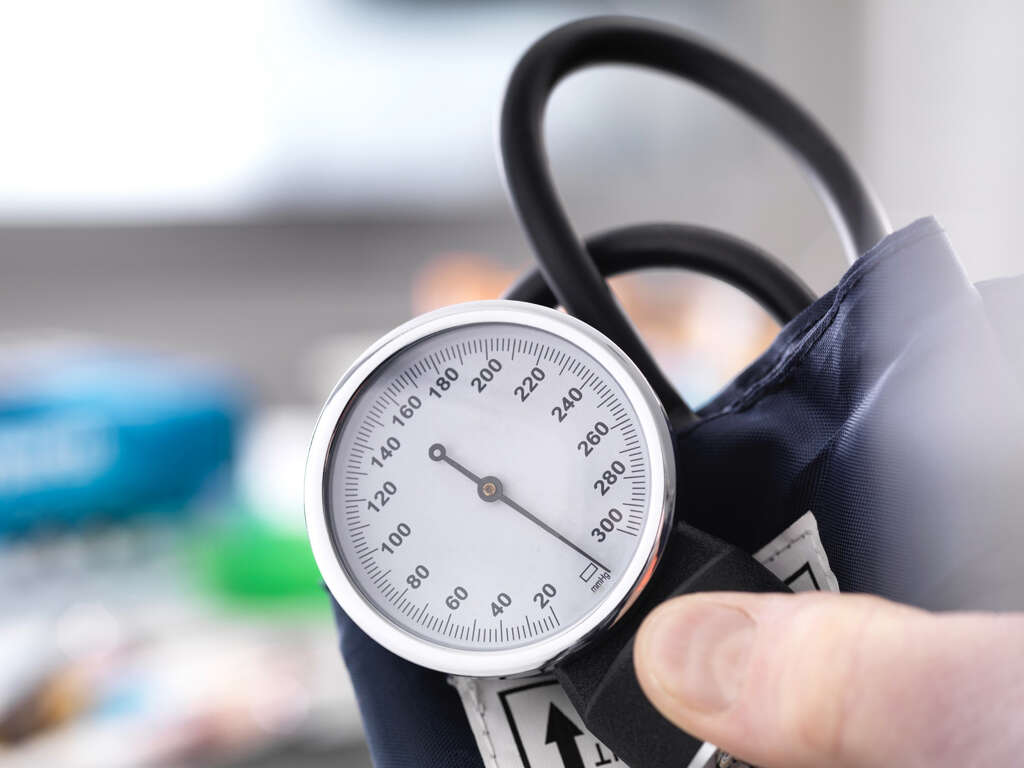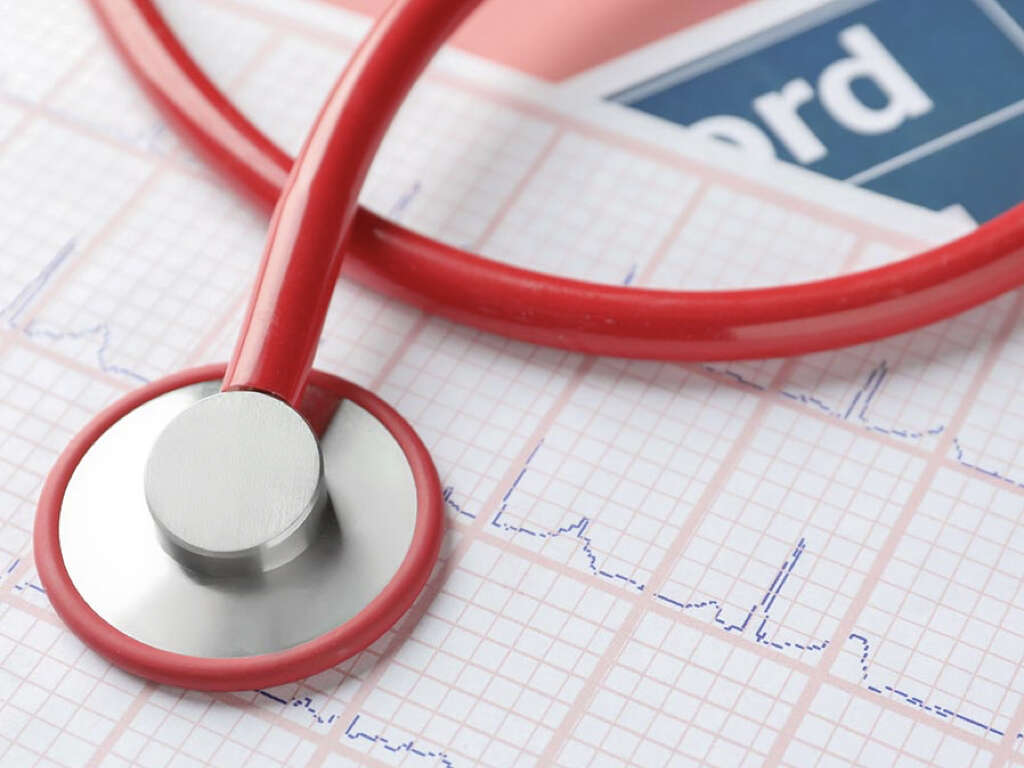10 Symptoms of Cardiomyopathy
Our hearts are essential to us and without them, we would simply die. While most of us are fortunate to go through life without experiencing problems with our hearts, some people are not so lucky. Many people suffer from a variety of conditions of the heart. Cardiomyopathy is one of them 1http://www.heart.org/HEARTORG/Conditions/More/Cardiomyopathy/What-Is-Cardiomyopathy-in-Adults_UCM_444168_Article.jsp#.W1no0tIzaUk.
Cardiomyopathy refers specifically to diseases that affect the muscle of the heart. There are four main types: dilated, restrictive, arrhythmogenic right ventricular dysplasia, and hypertrophic. The symptoms can range from mild to very dangerous – here’s a look at some of the most common.
Symptom #1: Light Headed
We’ve all felt lightheaded from time to time. It is often caused as a result of not having eaten enough, or maybe you just stood up too quickly resulting in a temporary lack of blood flowing to the brain. It is not usually something to be concerned about and will usually pass harmlessly. Sometimes though, it can be an indicator that all is not well with your heart.
If you do feel lightheaded for no apparent reason, it could be a sign that you have cardiomyopathy. If the light-headedness is persistent or occurs regularly, you should make an appointment to see a medical professional as soon as you are able.
Symptom #2: Chest Pain
A pain in the chest can be the result of a wide range of causes. Many of the causes are harmless, while others can be rather more serious and should not be taken lightly. One cause of chest pain is hypertrophic cardiomyopathy.
Hypertrophic cardiomyopathy causes a thickening of the walls of the heart, reducing the flow of blood and causing the heart to work harder. It can be particularly noticeable after exercise. If you are experiencing regular chest pains, you should arrange to see a doctor as soon as you can.

Symptom #3: Swollen Legs and Feet
The work being done by our cardiovascular system often goes unnoticed, but it is hard at work 24/7. It maintains blood flow throughout the body and deals with some hurdles many of us don’t even consider. One such hurdle is gravity and it’s a hurdle that our hearts can struggle with.
Dilated cardiomyopathy, in particular, causes the pressure at which the blood is pumped from the heart to lower. This means that when it comes to the feet and legs, there is not enough pressure to help push the blood back up against gravity. This causes the accumulation of fluids and swelling in the lower extremities.
Symptom #4: Palpitations
Our hearts tend to beat away at a regular beat all day, every day. They rarely lose their beat although they may speed up or slow down at times depending on activity levels. Sometimes though, changes to the rate and rhythm of your heartbeat can be quite concerning.
If you are experiencing a sensation that your heart is beating too fast or too hard, you are experiencing palpitations, which are a common symptom of cardiomyopathy. If you are experiencing palpitations that are frequent or concerning, you should see a doctor as soon as possible.

Symptom #5: Breathing Difficulties
As the heart pumps blood around our bodies, it sends with it the oxygen that is essential for our survival. We usually don’t even notice this is happening at all except when there is a problem with the heart. If insufficient blood is circulating, then insufficient oxygen is also circulating.
With insufficient oxygen in your body, the result is a sensation of being out of breath. This is more noticeable after exertion but can also occur when at rest. Among other things, sudden breathing difficulties are also a symptom of a heart attack, so you should seek immediate medical attention should such difficulties occur.
Symptom #6: Sweating
Although it may be inconvenient, especially on a hot day, sweating plays a very important function as it enables us to regulate our body temperature. It is actually thought to be a major evolutionary advantage that helped us to become the dominant species on the planet.
Unfortunately, sweating can also be triggered when we are ill and could be a symptom of heart conditions such as cardiomyopathy. If you are experiencing excessive sweating for no apparent reason, you should seek advice from a medical professional.

Symptom #7: Nausea
Nausea can be caused by a wide range of things, from unpleasant odors to serious complications with your health. It is an unpleasant experience and will often result in vomiting, which in itself can make things worse. It can also be caused by cardiomyopathy and other potentially serious conditions.
While nausea will often pass after a rest or getting away from the cause, it can sometimes linger or recur often. If it does without a reasonable explanation, then you should seek the advice of a doctor and have your cardiovascular system checked.
Symptom #8: Fatigue
Getting tired is a part of life. After prolonged exertion, a body will need to rest and to re-fuel. Even the fittest and healthiest of people need a break. Also, conditions such as insomnia can leave us feeling fatigued.
For people that are ill though, fatigue is something that can be with them 24/7. Even shortly after waking up from a long night’s sleep these people can still feel as though they want to go straight back to bed again. Such fatigue is a symptom of numerous illnesses and cardiomyopathy is one of them.

Symptom #9: Coughing When Lying Down
Coughing is a very helpful reflex that can literally save our lives. The action can help to remove debris from our airwaves, ensuring we can breathe. Sometimes though, a cough can be a symptom that we are unwell and is a common symptom of cardiomyopathy.
When cardiomyopathy affects the circulation of blood, it can cause fluids to become backed-up in the lungs. This can trigger a natural reflex for us to cough, making coughing a common symptom of cardiomyopathy and other heart conditions. The cough tends to occur most often when the patient is lying down.
Symptom #10: Bloating
All parts of our body are connected in one way or another, so illnesses in one part of the body can cause some symptoms in other parts that we might not suspect. Bearing in mind that the heart’s job is to supply the body with blood, it should come as no surprise that a failing heart can have an impact elsewhere.
With cardiomyopathy, one unexpected symptom is bloating of the abdominal area. When the blood is not circulating as effectively as it should be, fluids accumulate in various parts of the body. One common location for this to occur is in the abdomen area, leading to swelling.










